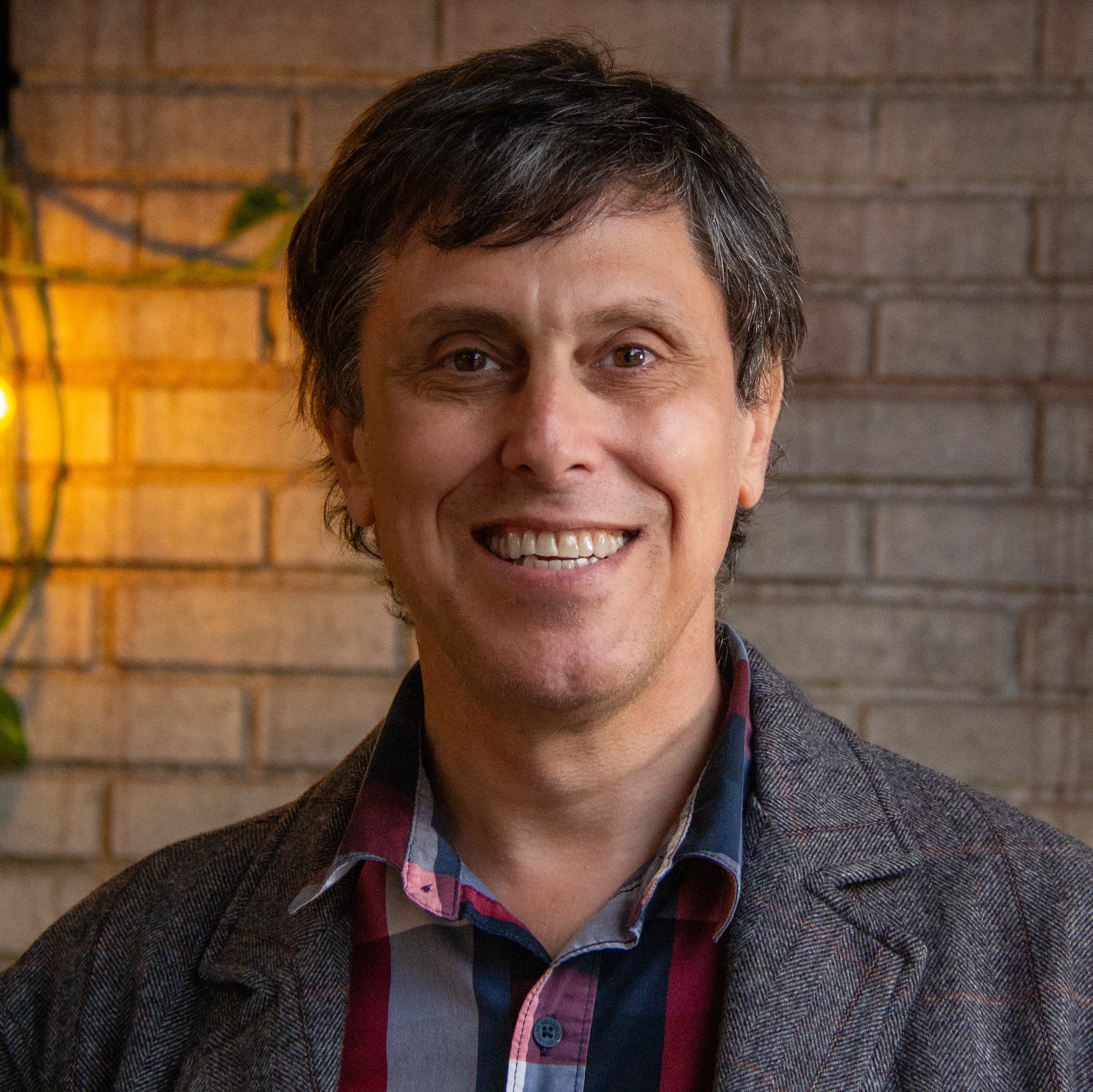In 1988, I got a front row seat to our democracy. For the first time, I signed up to be an election judge, working at my precinct to help check in voters and make sure the polling place ran smoothly. I went through the training and showed up that day anticipating a long, but hopefully interesting, day. I ended up with a renewed appreciation for the importance of making sure every citizen has a voice as we shape the future of our country.
My precinct always has high turnout (70-80 percent) and a sizable number of same-day registrants. Things ran smoothly that year, but at the end of the day our ballot receipts and ballots cast numbers didn’t match. We also had to count absentee ballots at the end of the night. It took a while to go through the ballots and make sure the intent of each vote was honored, but we got it done.
As we did so, I was overcome with a feeling of sacred responsibility. It’s true that in the course of an election one vote rarely makes the difference. But as I stared at each ballot I realized every single vote matters to the citizen who casts it.
Signing up as an election judge is easy. There is a brief training session (now conducted online), and often you get assigned to your home precinct. I did it regularly from 1998 to 2002, but then I stopped as changes to my employment made it harder to take the time off. This year, facing an important election, at a time when people will be risking their own safety to come to the polls, I decided to sign up again.
In the United States, elections are handled by the states, which have wide latitude in how they conduct them. One fairly universal feature is that the polling places are staffed by average citizens (pp. ii). Traditionally, we have relied heavily on retirees to serve as election judges, but with COVID-19 posing a particular threat to the older population, it’s particularly important for people who are not at high risk to step up.
Polling judges are generally assigned to precincts near where they live. In poorer areas, the number of judges is typically lower than in wealthier areas. If you live in an area where there have been historically long lines, it’s particularly critical that more people sign up. A well-run precinct can shorten wait times and enable more people to exercise their right to vote.
Typically you can find out how to become an election judge either through your state’s Secretary of State, or your county or city elections office. The National Conference of State Legislatures has a good overview of the differences among the states.
The right to vote is a foundation of our democracy and it is something we can not take for granted. If citizens before me have risked life and limb, whether on the beaches of Normandy or crossing the Edmund Pettus Bridge, I figure I can spend a day helping other citizens exercise their right to vote.
Please take a moment to find out how to be an election judge in your state and sign up to participate. You’ll play a small but important role in making sure every voice is heard, and you’ll be helping preserve and protect our democracy.

